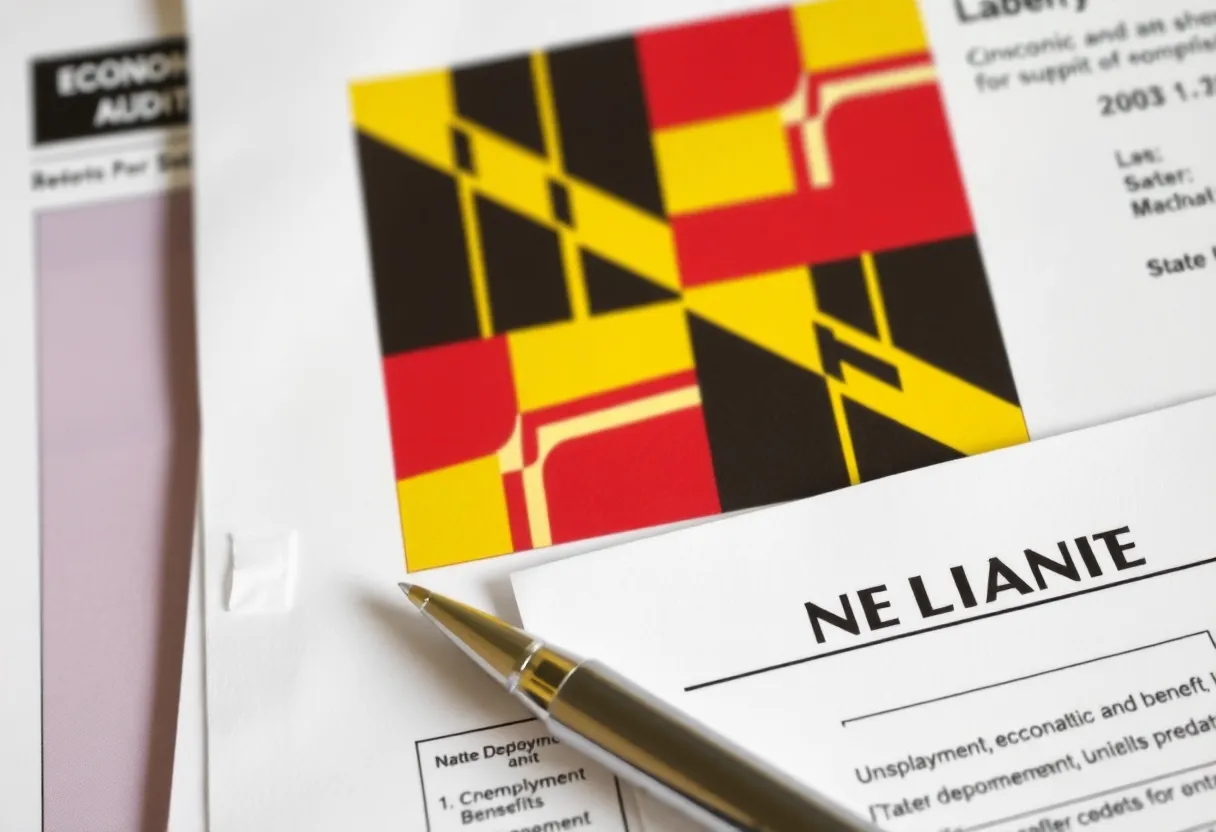News Summary
Experts are refuting claims made by health secretary Robert F. Kennedy Jr. regarding vaccine profits for pediatricians, asserting that many face financial losses. Data shows that the economic challenges of stocking vaccines lead to emotional distress for providers, as they often send patients to pharmacies instead. Additionally, concerns are rising over current vaccination policies, particularly surrounding COVID-19 for children, amid potential shifts that could affect public health and access to vaccines.
Detroit, MI – Experts are rebuffing health secretary Robert F. Kennedy Jr.’s claims regarding vaccine profits for pediatricians. In a recent interview, Kennedy suggested these profits lead to “perverse incentives” in vaccine recommendations. However, data indicates that most pediatricians do not profit from vaccinations, with many actually experiencing financial losses.
Dr. Stacey Bartell, a family medicine practitioner in a Detroit suburb, serves as a case in point. While she aims to serve her patients by offering vaccines, the financial barriers pose significant challenges. Stocking an adequate supply of vaccines would require thousands of dollars upfront without any guarantee of recovering that investment. The slim margins that her practice operates on also hinder her ability to hire additional personnel needed for managing vaccine inventory and the accompanying insurance billing.
The problem is exacerbated by the requirement for specialized refrigerators to store vaccines, which would cost an additional $1,000. Consequently, Dr. Bartell finds herself referring patients to pharmacies and the county health department for their vaccinations, an experience that she finds emotionally distressing.
Data from a 2017 study reveals that nearly a quarter of family medicine providers and 12% of pediatricians have ceased purchasing vaccines due to financial constraints. Experts in the field, like Dr. David Higgins from the University of Colorado, emphasize that the belief that pediatricians recommend vaccines for profit is misleading and could damage public trust in medical guidance.
The economics of vaccine provision are complex, with providers typically purchasing about half of vaccines directly from manufacturers. This financial arrangement poses risks that many small practices cannot afford. Additionally, small practices often pay higher prices for vaccines due to their lack of negotiating power. Recovery of costs only occurs once vaccines are administered and included in insurance billing. Insurance companies may provide an administration fee for administering vaccines, but this fee does not always cover the full range of costs related to staffing and supply needs.
Approximately half of pediatricians function under “value-based contracts” with insurance providers, tying payment to various metrics of care, with vaccines being only one element of these evaluations. Pediatricians seldom receive meaningful bonuses for high immunization rates, and many do not face penalties for lower rates. Furthermore, as many pediatricians enter one of the lowest-paid medical specialties in the healthcare field, their motivations are typically driven by patient care rather than financial gain; treating complications from preventable diseases is often more financially viable than focusing solely on vaccination efforts.
Current discussions surrounding COVID-19 vaccinations for children are also under scrutiny. Delays in the full approval process continue to raise concerns among health officials. Under Kennedy’s administration, there have been calls to limit recommendations for COVID vaccinations in children, particularly because pediatric COVID vaccinations were initially authorized under emergency protocols.
With a noticeable decrease in public demand for COVID vaccines for children, only 13% of children were reported to have been vaccinated against COVID in the last season— a stark contrast to adult vaccination rates. This decline raises alarms about potential policy shifts, particularly if vaccines are removed from the standard vaccination schedule, which could affect insurance coverage and access for low-income children.
Furthermore, resignations of key officials at the CDC, including Fiona Havers, indicate rising concerns over the objectivity and rigor behind future vaccine policy and data oversight. Reports have surfaced that Kennedy has replaced members of the Advisory Committee on Immunization Practices (ACIP) with appointees who hold anti-vaccine sentiments. This has intensified worries among public health experts regarding potential shifts in vaccine policy and the impact on community health.
The unfolding situation calls for close attention as the implications of these policy changes could significantly affect public health outcomes and pediatric care access across the nation.
Deeper Dive: News & Info About This Topic
HERE Resources
Additional Resources
- The Detroit News: Vaccine Waiver Rates Rise in Michigan
- Wikipedia: Vaccines
- Fox 2 Detroit: Video on Vaccine Concerns
- Google Search: Vaccine Rollout Challenges
- The Detroit News: RFK Jr. Takes Aim at COVID Shots for Kids
- Google Scholar: Vaccine Policy
- Click on Detroit: Community Vaccination Clinics
- Encyclopedia Britannica: Vaccine Distribution
Author: STAFF HERE BALTIMORE WRITER
The BALTIMORE STAFF WRITER represents the experienced team at HEREBaltimore.com, your go-to source for actionable local news and information in Baltimore, Baltimore County, and beyond. Specializing in "news you can use," we cover essential topics like product reviews for personal and business needs, local business directories, politics, real estate trends, neighborhood insights, and state news affecting the area—with deep expertise drawn from years of dedicated reporting and strong community input, including local press releases and business updates. We deliver top reporting on high-value events such as the Baltimore Book Festival, Preakness Stakes, and Artscape. Our coverage extends to key organizations like the Baltimore Chamber of Commerce and Visit Baltimore, plus leading businesses in shipping and healthcare that power the local economy such as the Port of Baltimore and Johns Hopkins Medicine. As part of the broader HERE network, we provide comprehensive, credible insights into Maryland's dynamic landscape.





